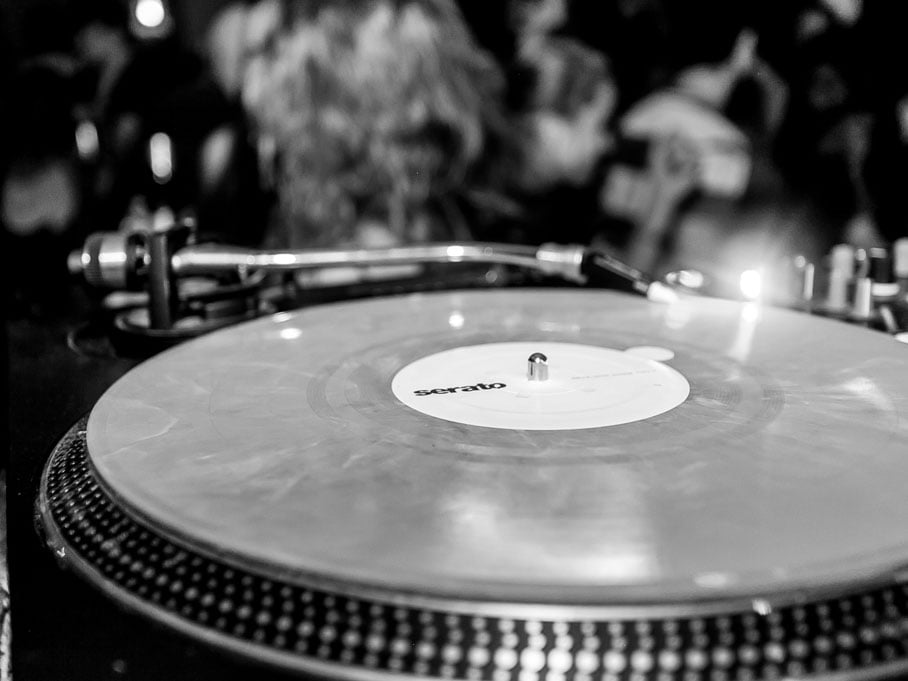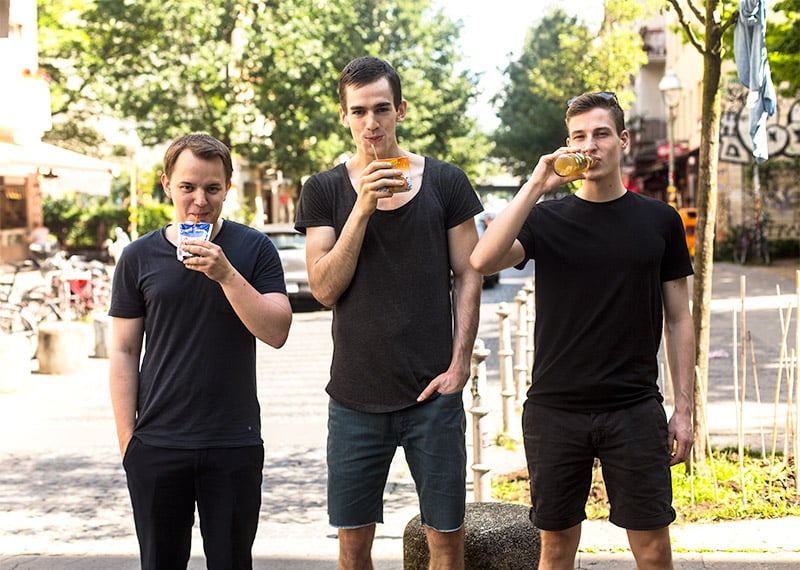
Sa. 29.07.17 - 23:59 bis So. 30.07.17 - 08:00
De Ambassade Invites Kwaitour
Infos zu Ohm Berlin
De Ambassade Invites Kwaitour
South Africa has always been a country with a unique musical identity. This is true of the periods either side of the dawn of democracy in 1994. The cultural isolation and censorship of the 80’s gave birth to a popular dance/pop music form named “Bubblegum”. To avoid censorship, the music often ignored seriousness of the political climate and the energetic and playful sound and lyrics suggested less depressing times. For this reason, many did not think highly of Bubblegum but it was one of the few outlets of creativity available to South Africa’s leading musical talents during this time. Bubblegum was synth and bass laden and directly connected to your feet.
South Africa took early to house music with the first big commercial Chicago and New York house music successes making a huge local impact in the country. The scene was set for house music to always be an influence on South African dance music. South African dancefloors have always enjoyed the lower BPMs and the influence of the slower house, Italo disco and acid jazz, proved a great match with the optimism and the celebration-of-self that democracy brought. Kwaito was born. A mid-tempo dance music focused on captivating grooves and punctuated by the slang and phrases of urban youth. Young black South Africans were optimistic and proud of who they were and this music captures it.
This happened in parallel with South Africa developing its own house music scene. From the late 90s, speed garage - deliberately played much slower - and deep and soulful house songs could be found on top of the charts at national radio stations. House music DJs were some of the biggest personalities in the country. South Africa also saw its first house music productions during this time. There were always dances and interesting and colourful fashion to go along with the music. Dances and fashion are updated every year but Pantsula culture, fashion and dance have been a mainstay of South African dance culture. We will be displaying aspects of the culture through an exhibition of photography of Pantsula dancing and fashion as well as album art from the period.
Line-Up:
+ DJ Okapi (SA - Afrosynth Records)
+ Pierre-Estienne (SA - Private Life)
+ Paul Waxon (SA - Wax On)
+ Mculo (SA - Roots By The Oder)
Eintritt:
Abendkasse: tba






